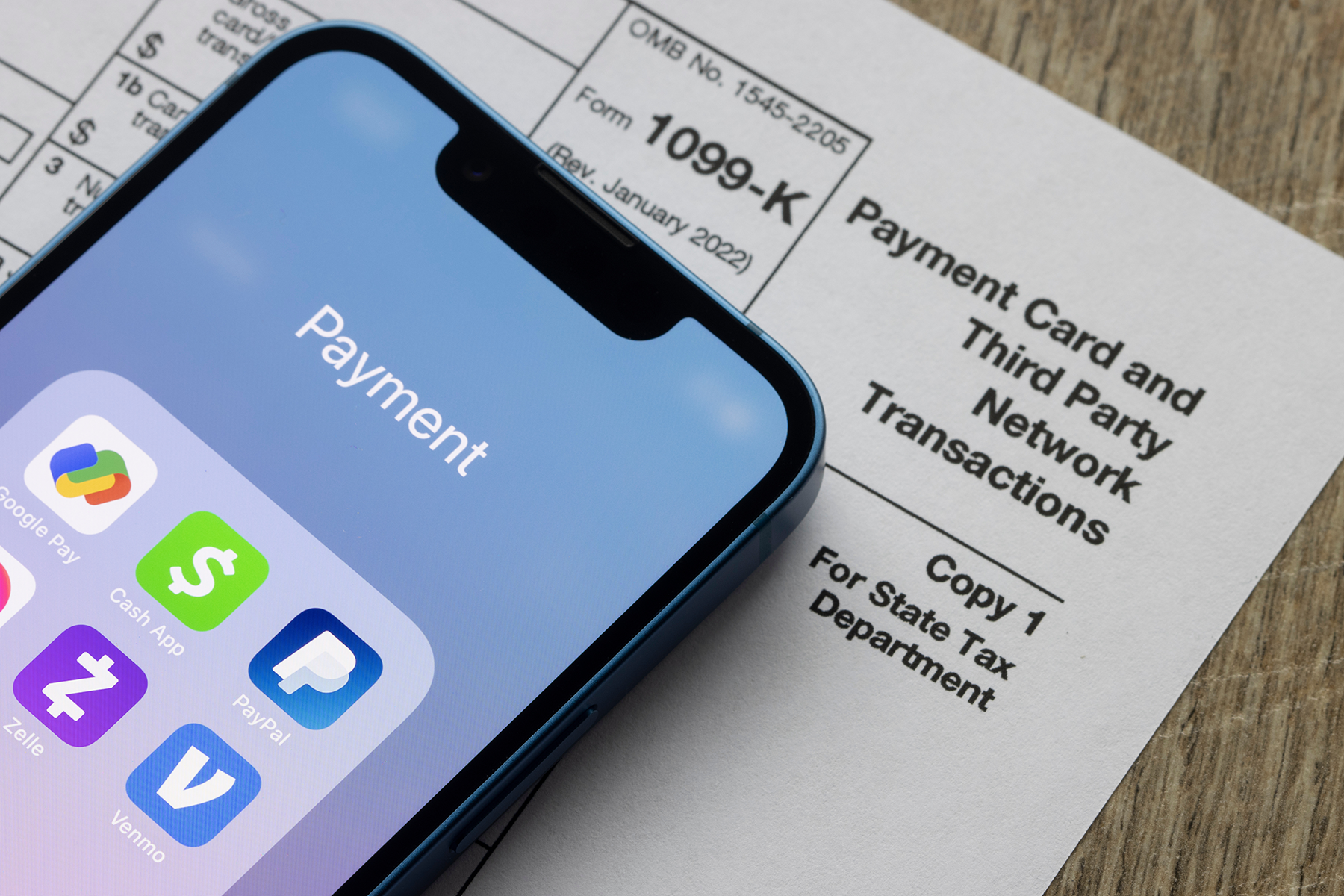Trust Fund Recovery Penalty
Storytime: I was perusing my daily news and came across a story of a business owner who was sent to jail for not paying employment taxes. On June 30, 2022, Frank Morrison, former owner of Thirsty’s Bar was sentenced to 13 months in Federal Prison for Failure to Withhold, Properly to Account for, and Pay over Tax.
What did he do?
Mr. Morrison withheld Federal Income, Social Security, and Medicare taxes from his employees’ paychecks, but FAILED to send the money to the government. Let’s not call it a failure. That sounds like a mistake. He just didn’t do it.
Anywho, Mr. Morrison withheld the money from the paychecks. Instead of paying it to the government the way he was supposed to, he decided to use the tax money for his personal expenses.
He stole from the government and his employees
We already know that not turning the money over to the government is wrong, but what EXACTLY is the problem? When employees file their tax returns, they will either be due a refund or they will have a tax liability reduced by the amount of tax paid through withholdings. The government will issue a refund on tax money they never received. In the case of a tax liability, the Treasury Department is assuming they have a certain amount already in the treasury from withholdings. The taxpayer to pays the balance, and the government is short. We pay into the Social Security system and expect to be able to withdraw from it when we reach retirement age. Imagine submitting for Social Security only to find that you have no credits. Either way, the math ain’t mathing!
Trust Fund Taxes
Taxes withheld from an employee’s paycheck are called Trust Fund Taxes. Trust Fund Taxes consist of Federal Income Tax, Social Security Tax, and Medicare Tax – what we commonly call payroll taxes. An employer has the added responsibility of withholding taxes from the employee’s paycheck and sending the money to the Treasury at the prescribed time. The taxes are called Trust Fund Taxes, because they are held “in trust” until they are paid to the Treasury. Both the government and the employee are trusting the employer to do that.
Employers must pay the employee’s Trust Fund Taxes, along with the employer’s portion of Social Security and Medicare taxes to the Treasury through the Federal Deposit System.
Trust Fund Recovery Penalty
Through Internal Revenue Code (IRC) 6672, Congress established Trust Fund Recovery Penalties. The penalty was designed to encourage business owners to promptly pay Trust Fund Taxes. The Trust Fund Recovery Penalty is a “pecuniary penalty’, which means the government is penalizing the offender for actual monetary loss for unpaid trust fund taxes.
The Trust Fund Recovery Penalty is equivalent to the amount of the unpaid balance of the Trust Fund Tax, which is based on unpaid income taxes withheld and the employer portion of withheld FICA Tax. In other words, you’re going to pay double. Let’s assume you owe $1,000 in Trust Fund Taxes and don’t pay. You will then have to pay $2,000 – the $1,000 you owe + $1,000 in penalties.
Who can be assessed the Trust Fund Recovery Penalty?
This will throw you for a loop! The Trust Fund Recovery Penalty can be assessed against anyone who is responsible for collecting or paying trust fund taxes but willfully fails to do so. That could include officers of a corporation, employees or contractors with signature authority over bank accounts, bookkeepers, or accountants.
Willfully is defined as voluntarily and intentionally doing something that is against the law. It means the person knew or should have known the requirements of trust fund taxes, but ignores the law. In Mr. Morrison’s case, he committed this offense from 2008 to 2020. If willful was a person, he’s it.
What happens when the Trust Fund Recovery Penalty is assessed?

The person(s), against whom the Trust Fund Recovery penalty is assessed, will receive a letter from the IRS. After waking up from passing out, one has 60 days from the date of the letter to appeal (75 if outside the US). If one does NOT respond, the tax will be assessed and a Notice and Demand for Payment will be sent.
Once the penalty is assessed, the IRS will start collection action against the responsible person(s). This could be business or personal assets, including filing a tax lien or seizing said assets. Please note that Trust Fund Recovery Penalties generally can NOT be discharged in bankruptcy.
Back to Mr. Morrison
Not only is Mr. Morrison going to prison for 13 years, he must also pay a fine of $200,000, $684,927.56 in restitution to the IRS, and $100 assessment to the Federal Crime Victims Fund. Going to jail does NOT remove the debt. It will be waiting for him when he gets out. Because of his age, it is possible Mr. Morrison may die in prison. The debt isn’t automatically forgiven. The IRS can pursue his estate.
At this point, you may be wondering if all Trust Fund Recovery Penalty cases result in jail time. The answer is no. Generally speaking, when small business owners don’t pay over trust fund taxes, they are usually using the money to keep the business going – whether in operations or payroll. The belief is ‘I’ll just do it this one time, and then I’ll pay it back’. That normally doesn’t happen. For situations like this, the responsible persons generally aren’t prosecuted, but the money still has to be paid. The IRS usually reserves prosecution for those special folks like Mr. Morrison, who use the money for personal gain.
What’s the takeaway?
Don’t steal the employees’ or the government’s money! Easy enough. But seriously, if the IRS is going to pounce on you and show you no mercy, it would be with Trust Fund Recovery. They are aggressive in their trust fund efforts. The best way to stay out of trouble is to not get in it in the first place.
TIP: Keep your payroll funds separate from your operating expenses to keep you from spending money that isn’t yours to spend.
What’s the solution?
If you’re having issues with owing back payroll taxes, the best thing to do is tackle it immediately. There are options for resolving the penalty issue, but it can be complex. If you’ve got one of those letters, don’t pass out. Schedule a call with us to help you!
More Related Articles
February 15, 2024
BEWARE Military Disability Scam
My husband retired from the military in April 2022. It was an awesome occasion when it finally got here; however, getting there was slightly painful. He had to go through tons of briefings on his…
February 8, 2024
1099K Reporting 2024
There has been another delay in the change of the 1099K reporting. It has also caused more confusion for payors to know if they should issue a 1099K or a 1099-NEC to a provider. Let’s chat about how…
February 5, 2024
Employee Gifts are Taxable
I was perusing the news a few weeks ago. The news headlines said, “Wal-Mart Slammed After Gifting Employees 55-Cent Ramen Noodles” for working during a blizzard. Needless to say, Wal-Mart was…




